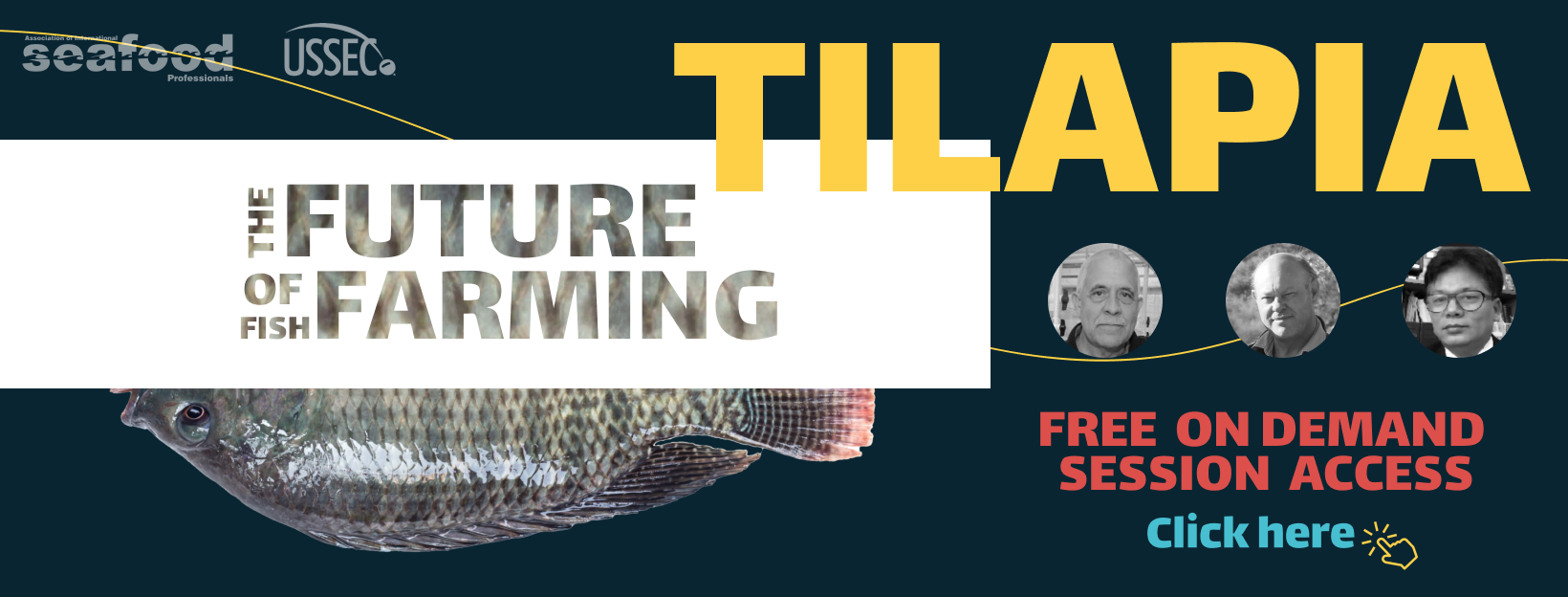This 26th edition of the Fishery status reports summarizes the performance of fisheries against the requirements of fisheries legislation and policy. What is more, it covers the biological status of 100 fish stocks across 22 fisheries, including those managed both solely and jointly by the Australian Government.
One of the Commonwealth's principles for management is that Australians fish for, and have access to safe, high-quality seafood sourced from sustainably managed fisheries.
There are several principles at work.
- Sustainability: fisheries are managed in a manner consistent with the principles of Ecologically Sustainable Development, with no overfishing and the recovery of overfished stocks.
- Science-based decision-making: fishery management decisions are based on the best available science.
- Resource sharing: equitable access among professional, recreational and Indigenous fishers to the shared marine resources.
- Rights-based fisheries management: through the use of statutory fishing rights, with a preference for individual transferable quotas, and fisheries managed using output controls.
- Maximizing utilization and productivity: develop fisheries and aquaculture to maximize the net economic return to the Australian community.
- Regulatory effectiveness and cost recovery: regulatory and cost recovery requirements that are fit for purpose.
- Transparency in decision-making: decisions are made in consultation with all relevant stakeholders.
- Meeting international obligations: fisheries are managed in a manner that is consistent with Australia's international obligations, emphasizing cooperation in the management of highly migratory and shared fish stocks.
- Stamping out illegal, unreported and unregulated fishing: continue to fight and prosecute illegal, unreported and unregulated fishing and implement international agreements that help close loopholes exploited by those who threaten fish stocks.
All of these principles produce a harmony of convergence to provide the Australian population with the highest standards of fresh fish for consumption. The report shows that fisheries reported a gross production value of $438 million AUD in 2019-2020, which is 28% of Australia's total gross value of wild fish production of $1.6 billion AUD.
Although these numbers sound good in Australia, in the rest of the world, the reality is sobering. The Marine Biologist and entrepreneur Alasdair Harris, in his most recent TED Talk, explained that in one of the poorest countries in the world, overfishing was destroying the entire marine ecosystem, and species no longer reproduce in the same conditions as before. “Every year we (the humans) fish harder, deeper, and further afield. Every year we chase ever fewer fish,” said Harris.
Thanks to his work through his organization, Blue Ventures, Harris helped educate the population in Andavadoaka, Madagascar on how to fish in a sustainable way. Harris devised a way where the locals themselves could fish only what was necessary and after a while, the fish and cephalopods in the area began to expand – not only in size but also in population.
Although Harris' work has been key in that area of the world, there is still much to do. It seems that many large companies are not doing enough for the marine ecosystem and continue to fish without measuring the consequences.
This is why the work that Australia does in carrying out good practices is so important. It is an example to be followed by many nations in order to help the environment and combat the organizations that want to take advantage of marine abundance.


